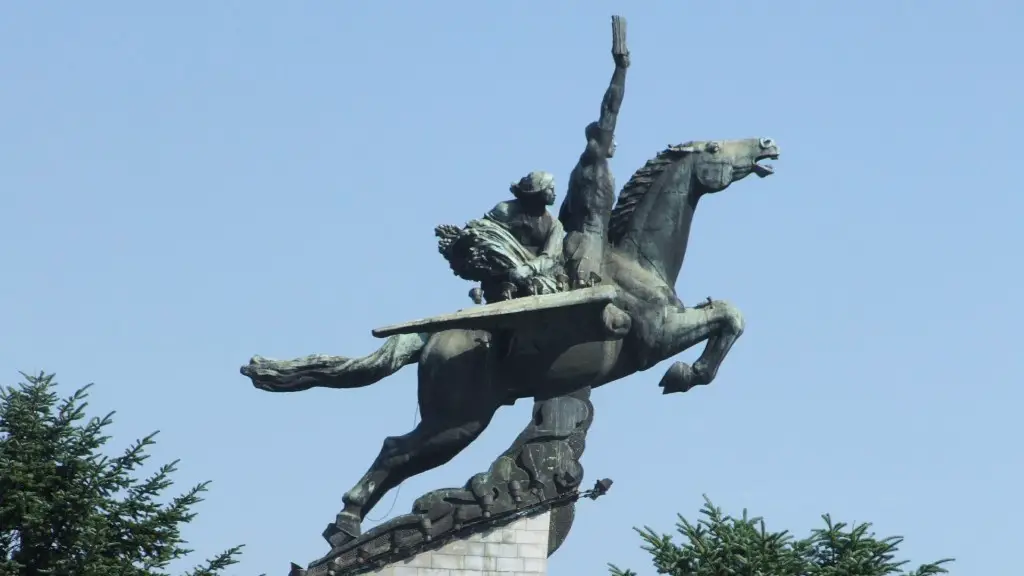History of the Internet in North Korea
North Korea, an authoritarian state and an economic black hole, has come under intense scrutiny for its secretive and isolated nature. A lack of access to the internet has been a consistent feature of the North Korean dictatorship for years.
North Korea first connected to the internet in 1999 via China, but only the elite of the country enjoyed the freedom to use this connection. It wasn’t until 2001 that all government officials finally had access. By April of 2002, a study by the Open Net Initiative stated that North Koreans were only able to browse what is known as the “Kwangmyong” or “Bright” intranet, a heavily censored and monitored part of the North Korean digital universe.
In 2005, the North Korean government wanted to grant its people full access to the internet, however their standard of living was so poor, that only a few thousand North Koreans had access to a personal computer and the internet. To this day, the number of users with access to the World Wide Web remains extremely low.
For many years, North Korea and the internet were mostly incompatible. The prevalence of computer usage is still extremely scarce, making it difficult for the majority of citizens to join the online world. Furthermore, all access to the outside world was heavily regulated by the government; so much so, that by 2016 only 3,500 registered websites could be accessed on the intranet.
Number of Internet Service Providers in North Korea
For many years, only the state’s Korean Central News Agency had direct access to the internet. This alone was sufficient to allow the government to control the flow of information within the country.
However, since the 2000s, a few other internet service providers have been granted access to connect to the global internet. These are mainly universities and research institutions, or in some cases, large companies doing business with foreign entities. To date, there are only five government-approved internet service providers (ISPs) in the country.
Though access to the internet is still heavily restricted, it looks like the North Korean government is slowly letting go of its tight grip on the internet. It appears that North Korea’s hostility towards the internet is beginning to soften, and it may soon allow its citizens to access the worldwide web.
It is also worth noting that, even with five ISPs in the country, actual access to the internet remains very limited. With an estimated population of around 25 million people, it is estimated that only a mere 5-6 million people have access to the internet in some form. This is a mere fraction of the internet’s global user base.
Types of Internet Access
Since its relatively recent inclusion of the global internet, North Koreans have had access to two main types of internet access. The first type is the “Kwangmyong” intranet, a heavily monitored and censored version of the internet that is used by government officials and connected networks of elite citizens. This version of the web only allows users to access domestic websites.
The second type of access is more limited. Those with access to the global internet cannot access certain foreign websites, as these are heavily censored. Furthermore, users cannot use any applications that aren’t approved by the government; this includes messaging apps, web browsers and social media.
Controlling Access to the Internet
North Koreans seeking access to the internet have to sign up for it through a government-controlled ISP. Hundreds of different procedures and regulations must be followed before one can access the global web. This includes information such as name, address and contact information as well as detailed descriptions of why one wishes to access the internet.
Furthermore, strict surveillance techniques are employed by the North Korean government to control citizen’s internet usage patterns. User activities are monitored and all content is heavily censored, making it nearly impossible for its citizens to share any meaningful content online. All users must pass an online test to prove their loyalty to the state, and failure to do so can result in imprisonment.
Conclusion
North Korea’s internet service providers are few in number, and their internet access is highly restricted. Access to the global internet is strictly limited and citizens who wish to use the web must pass a strict online screening process and are subject to heavy monitoring by the government. While it seems that the North Korean government is slowly beginning to relax its stance on the internet, complete and open access still remains a distant dream.



